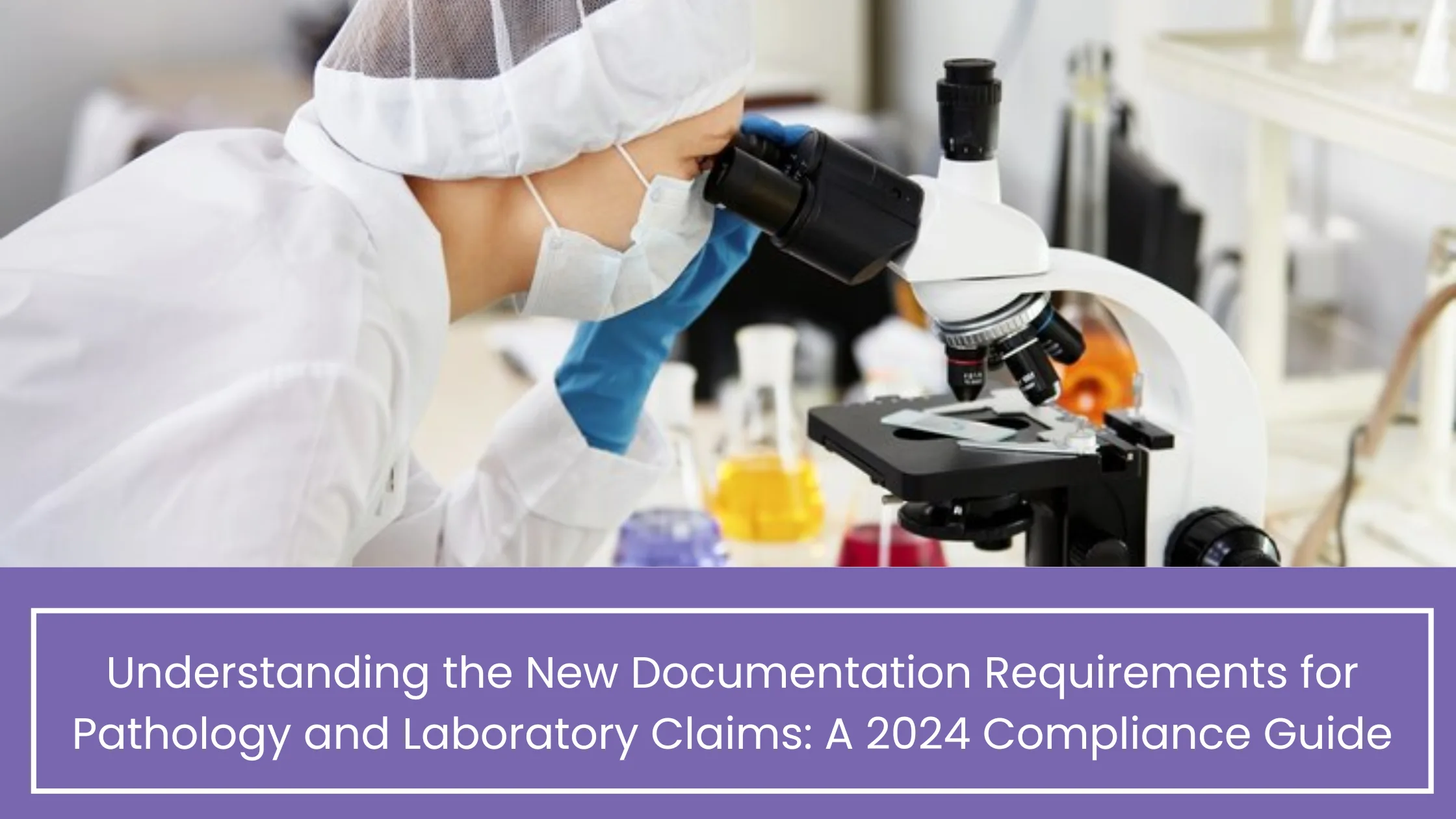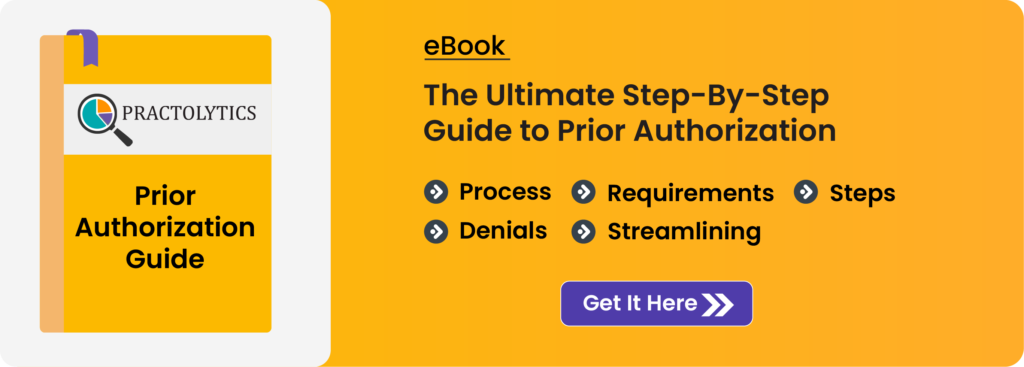Understanding the New Documentation Requirements for Pathology and Laboratory Claims: A 2024 Compliance Guide
Starting September 19, 2024, Medicare Administrative Contractors (MACs) Novitas Solutions and First Coast Service Options (FCSO) will require billers to submit medical records with initial claims for specific pathology and laboratory codes. Claims without the necessary documentation will be rejected, according to a recent update from the MACs.
Table of Contents
Why This Matters: An Evolving Landscape for Laboratory Claims
The healthcare sector is witnessing a rising focus on transparency, compliance, and alignment of reimbursement models with clinical services. As healthcare expenses increase, especially in diagnostic testing, regulators are improving the need for proper documentation to alleviate fraud, waste, and abuse in Medicare claims. These shifts exhibit wider trends in healthcare that give importance to value-based care and more strict practices.
For pathology and laboratory services, precise and complete documentation brings about well-aided medical necessity, securing patients and healthcare providers. This shift may also result in better clinical outcomes ensuring that the services delivered are justified and medically appropriate.
Required Documentation for Pathology and Lab Codes
Both Novitas and FCSO have published a list of 39 pathology and lab codes that will necessitate supporting records. Some of these codes were recently added to the CPT system as of the July 2024 update. This complete list incorporates Propriety Laboratory Analysis codes and one oncology CPT code:
0020M: Oncology central nervous system, analysis of 30,000 DNA methylation loci by methylation array.
0421U-0475U: Several PLA tests, including genomic sequencing and molecular diagnostic procedures.
Proprietary lab assessments, including the ones covered under these codes, are growingly central to accurate medicine and customized healthcare methods. As the healthcare landscape moves towards more tailored patient care, regulatory oversight of innovative diagnostics is strengthening, as exhibited by this need.
Stay Updated: Quarterly Code Review
The MACs advise healthcare providers to review the codes list at least quarterly, as updates are more likely. Novitas even made a downloadable spreadsheet available, showcasing the ever-changing nature of lab and pathology services and Medicare’s necessity to keep up with innovative advancements in healthcare technology.
What Documentation Is Required?
When submitting claims for particular codes, healthcare providers must incorporate more of the given patient’s medical record:
Test order results: The correct order of tests and results, showcasing that the service was carried out.
History and physical examination: Aiding documentation from the patient’s clinical visit that explains the requirement for the test.
Office or progress notes: Any notes associated with the patient’s condition and the need for the test.
Additional supporting documentation: Other relevant medical documents that confirm the medical necessity.
Geographic Coverage: Where These Changes Apply
Novitas Solutions represents the Medicare Part B MAC for jurisdictions L, covering Delaware, Maryland, Washington DC, Pennsylvania, and New Jersey, and H covering Colorado, New Mexico, Texas, Veteran Affairs, Arkansas, Mississippi, Louisiana, Oklahoma, and Indian Health Services while FCSO is charge of Jurisdiction N, which covers Puerto Rico. Virgin Islands, and Florida. The MAC scope ensures that the new records policy will affect a profound pathology portion and nationwide lab claims.
The Impact of Stricter Documentation on Providers
With healthcare expenses under the microscope and inadequate billing practices leading to billions in Medicare fraud annually, these new needs are part of a wider trend toward increased accountability. According to a recent study, improper payments in Medicare initiatives accounted for 6.3% of total Medicare payments in 2023, highlighting the significance of these new compliance strategies. Providers who fall short of submitting appropriate records risk claim rejections and possible audits, resulting in financial losses and reputational damage.
In addition, the complex terrain of maintaining an updated understanding of which codes need documentation – and validating the submission of the necessary paperwork can increase administrative loads on medical billing staff. However, staying compliant will ultimately benefit health providers by lowering the risk of claim rejections and ensuring faster reimbursement cycles.
What Should Providers Do?
To ensure uninterrupted coverage, healthcare providers must be well-versed with the codes that require documentation and maintain proper, updated patient documentation. Assessing these necessities regularly is essential, as falling short of compliance leads to claim denials, delayed payments, and further scrutiny. By staying abreast of these changes, providers can secure their practices to continue to offer high-quality, compliant care.
For providers seeking to streamline their Revenue Cycle Management in light of these shifts, partnering with an expert RCM company like Practolytics can optimize the claims process and reduce errors.
ALSO READ – Transforming Radiology with Patient-Centered Care: How Practolytics’ RCM Services Drive Success
Talk to Medical Billing Expert Today — Get a Free Demo Now!






